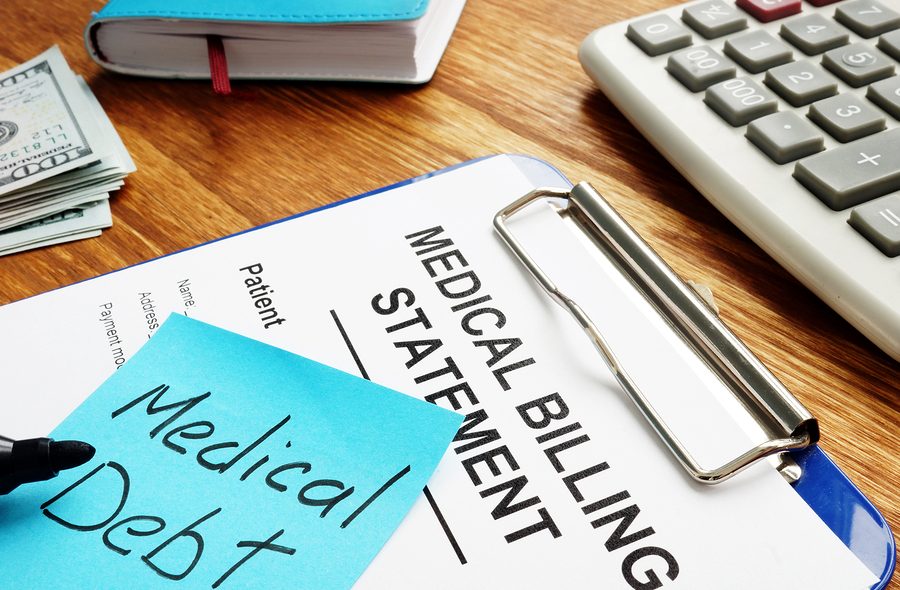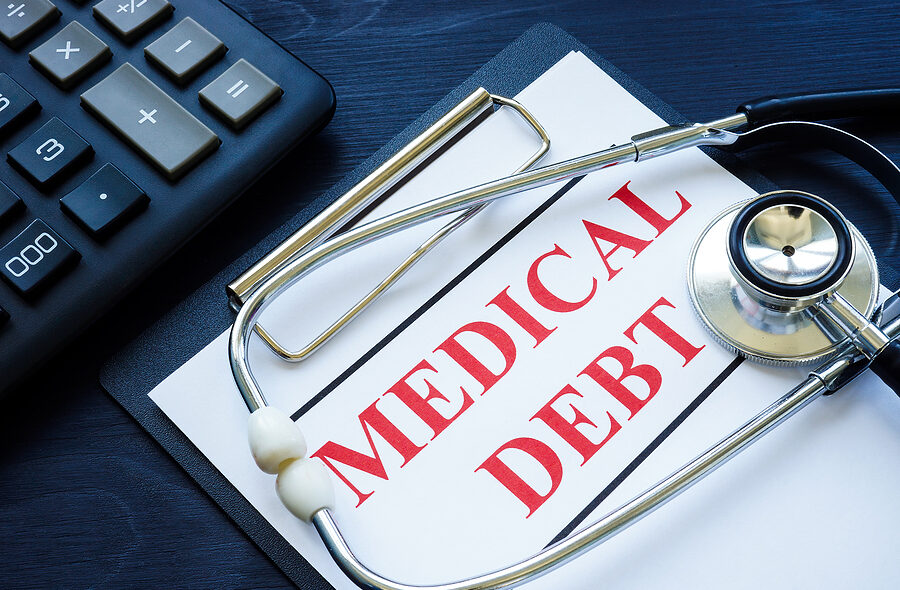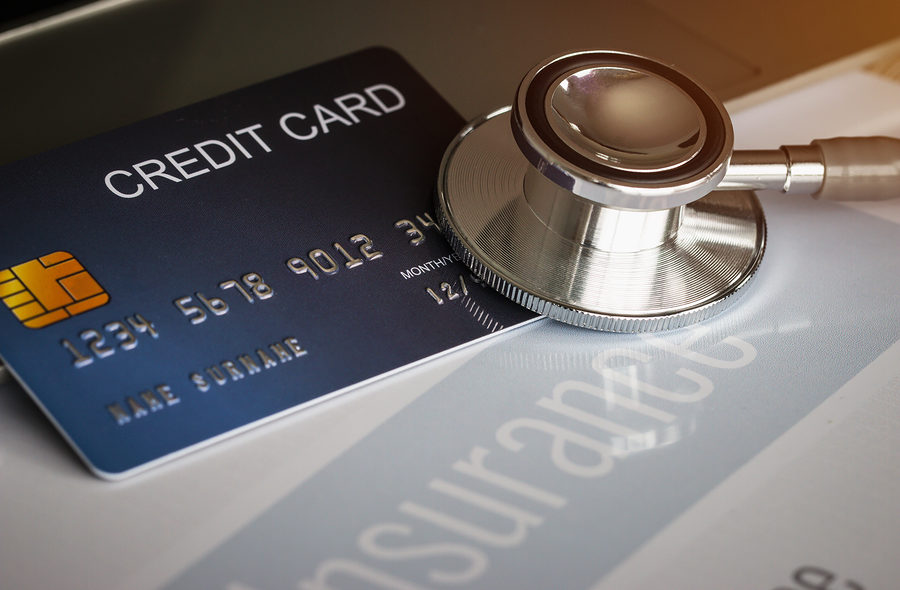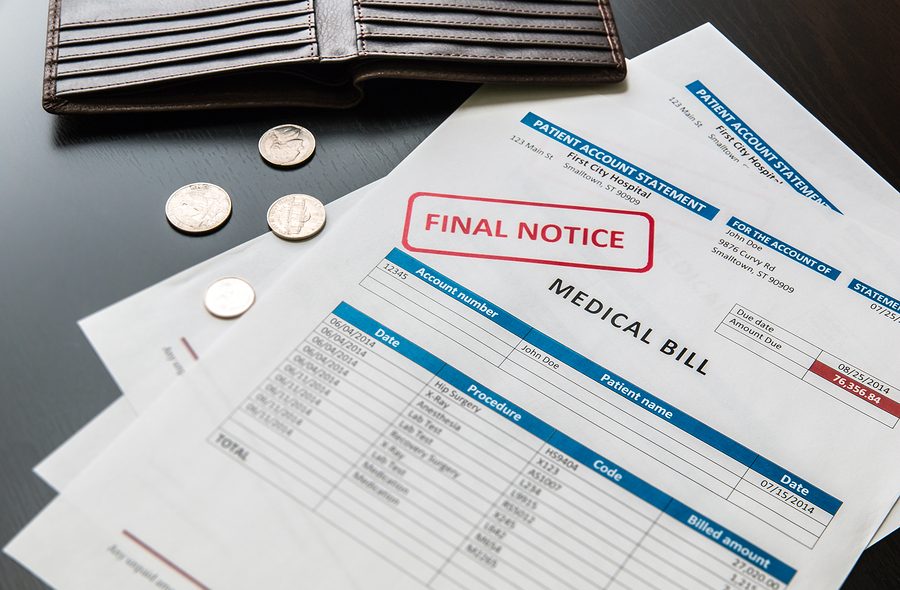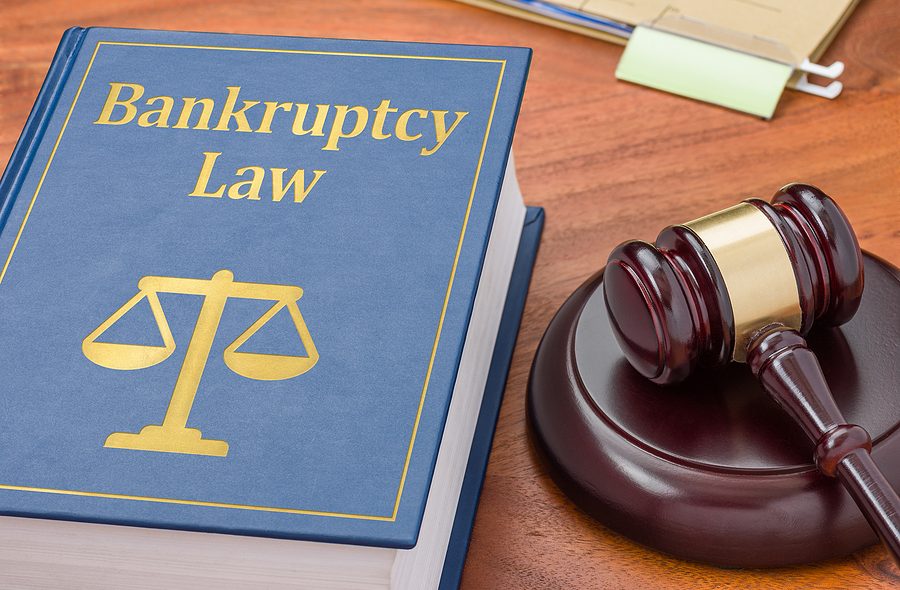Medical debt is a financial stressor for many Americans, even before the COVID-19 pandemic. Now with the pandemic well into its second year, countless Americans are becoming overwhelmed with medical bills with no end in sight.
Scientists are studying the long-term effects of COVID-19 on those who contract the virus. Many of them have suffered through several hospital stays, multiple treatments, and several referrals to various specialists. Each of these events, of course, comes with its own set of medical bills.
According to Credit Karma, medical debt spiked 6.5 percent since the pandemic first hit at the start of 2020, increasing by approximately $2.8 billion. The number of individuals with past due medical debt increased by nine percent during this time, jumping from 19.6 million to 21.4 million.
Another medical debt survey conducted by Lending Tree found that 60 percent of Americans polled carried some level of medical debt. Fifty-three percent (53%) of them saying that this debt was more than $5,000. Of those surveyed, 72 percent surveyed said that their medical debt has kept them from purchasing a home or having a child in the near future.
Many consumers have felt forced to rely on credit to pay off their outstanding medical debts caused by a COVID diagnosis. However, paying these debts via credit card only delays payment of what is owed.
The COVID-19 pandemic has hit consumers and businesses hard. According to a study conducted by the Commonwealth Fund, the Employee Benefit Research Institute, and the W.E. Upton Institute, 7.7 million American workers lost their employee-sponsored health insurance benefits by June 2020, affecting not just the 7.7 million workers but also their 6.9 million dependents. Due to the loss of this insurance coverage, overall cost of medical care has skyrocketed. On top of losing that health insurance coverage, many Americans also lost their job and thus their income source, making paying these high costs nearly impossible.
Congress passed the $1.9 trillion American Rescue Plan to offset these high medical costs. The bill’s protections provide a short-term solution for those struggling with medical debt. Democratic lawmakers are pushing heavily towards expanding health care and addressing the costs of medical treatment. Some of these efforts have been to reduce the negative effects medical debt has on a person’s credit score.
Click here to read more on this story.
Those who have experienced illness or injury and found themselves overwhelmed with medical debt should contact an experienced Miami bankruptcy attorney. In bankruptcy, medical bills are considered general unsecured debts just like credit cards. This means that medical bills do not receive priority treatment and can easily be discharged in bankruptcy. Bankruptcy laws were created to help people resolve overwhelming debt and gain a fresh financial start. Bankruptcy attorney Timothy Kingcade knows how to help clients take full advantage of the bankruptcy laws to protect their assets and get successful results. Since 1996 Kingcade Garcia McMaken, P.A. has been helping people from all walks of life build a better tomorrow. Our attorneys’ help thousands of people every year take advantage of their rights under bankruptcy protection to restart, rebuild and recover. The day you hire our firm, we will contact your creditors to stop the harassment. You can also find useful consumer information on the Kingcade Garcia McMaken, P.A. website at www.miamibankruptcy.com.

